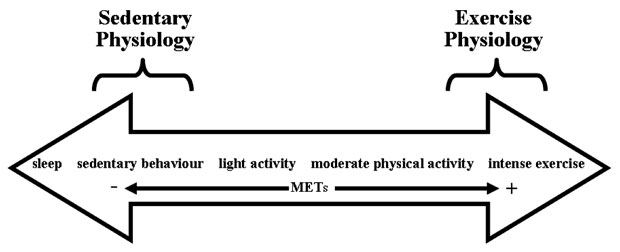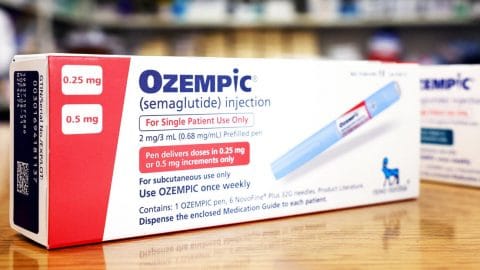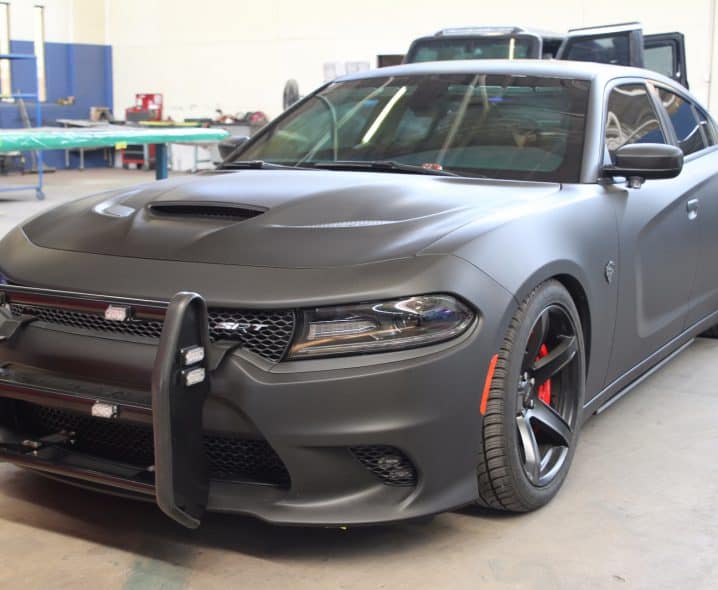Are You Over Dosing On Caffeine?
I’m a big fan of caffeine as a rule, and I love a good cup of coffee. However, the recent “energy drink” craze clearly comes under the “too much of a good thing” concept. The failure of companies to clearly label the caffeine content of their products is very unethical in my view, even though I think this report is over stating the dangers a bit, pushing these products as harmless products is also very misleading, and people should not be consuming these drinks on a regular basis. It’s disturbing these products are pushed hard to teenagers under names such as Cocaine Energy Drink and others…
Wednesday, September 24, 2008 8:06 AM
Johns Hopkins scientists who have spent decades researching the effects of caffeine report that a slew of caffeinated energy drinks now on the market should carry prominent labels that note caffeine doses and warn of potential health risks for consumers.
“The caffeine content of energy drinks varies over a 10-fold range, with some containing the equivalent of 14 cans of Coca-Cola, yet the caffeine amounts are often unlabeled and few include warnings about the potential health risks of caffeine intoxication,” says Roland Griffiths, Ph.D., one of the authors of the article that appears in the journal Drug and Alcohol Dependence this month.
The market for these drinks stands at an estimated $5.4 billion in the United States and is expanding at a rate of 55 percent annually. Advertising campaigns, which principally target teens and young adults, promote the performance-enhancing and stimulant effects of energy drinks and appear to glorify drug use.
Without adequate, prominent labeling; consumers most likely won’t realize whether they are getting a little or a lot of caffeine. “It’s like drinking a serving of an alcoholic beverage and not knowing if its beer or scotch,” says Griffiths.
Caffeine intoxication, a recognized clinical syndrome included in the Diagnostic and Statistical Manual of Mental Disorders and the World Health Organization’s International Classification of Diseases, is marked by nervousness, anxiety, restlessness, insomnia, gastrointestinal upset, tremors, rapid heartbeats (tachycardia), psychomotor agitation (restlessness and pacing) and in rare cases, death.
Reports to U.S. poison control centers of caffeine abuse showed bad reactions to the energy drinks. In a 2007 survey of 496 college students, 51 percent reported consuming at least one energy drink during the last month. Of these energy drink users, 29 percent reported “weekly jolt and crash episodes,” and 19 percent reported heart palpitations from drinking energy drinks. This same survey revealed that 27 percent of the students surveyed said they mixed energy drinks and alcohol at least once in the past month. “Alcohol adds another level of danger,” says Griffiths, “because caffeine in high doses can give users a false sense of alertness that provides incentive to drive a car or in other ways put themselves in danger.”
A regular 12-ounce cola drink has about 35 milligrams of caffeine, and a 6-ounce cup of brewed coffee has 80 to 150 milligrams of caffeine. Because many energy drinks are marketed as “dietary supplements,” the limit that the Food and Drug Administration requires on the caffeine content of soft drinks (71 milligrams per 12-ounce can) does not apply. The caffeine content of energy drinks varies from 50 to more than 500 milligrams.
“It’s notable that over-the-counter caffeine-containing products require warning labels, yet energy drinks do not,” says Chad Reissig, Ph.D., one of the study’s authors.
Griffiths notes that most of the drinks advertise their products as performance enhancers and stimulants – a marketing strategy that may put young people at risk for abusing even stronger stimulants such as the prescription drugs amphetamine and methylphenidate (Ritalin). A 2008 study of 1,253 college students found that energy drink consumption significantly predicted subsequent non-medical prescription stimulant use, raising the concern that energy drinks might serve as “gateway” products to more serious drugs of abuse. Potentially feeding that “transition” market, Griffiths says, are other energy drinks with alluring names such as the powdered energy drink additive “Blow” (which is sold in “vials” and resembles cocaine powder) and the “Cocaine” energy drink. Both of these products use the language of the illegal drug trade.
The Brink Bottom Line:
I love caffeine, make no mistakes about that. I look forward to a good strong cup of coffee each morning. However, I keep track of my intake and generally limit it to 1-2 cups of strong coffee per day max. I don’t down a can of table sugar and a whopping dose of caffeine (which is essentially what these products are) and assume they are without potential problems. The trend in clubs to mix these products with booze is just moronic in my view, but hey, it’s a free country and I am all for free choice, even if it’s a stupid choice!
Will Brink is the owner of the Brinkzone Blog. Will has over 30 years experience as a respected author, columnist and consultant, to the supplement, fitness, bodybuilding, and weight loss industry and has been extensively published. Will graduated from Harvard University with a concentration in the natural sciences, and is a consultant to major supplement, dairy, and pharmaceutical companies.
His often ground breaking articles can be found in publications such as Lets Live, Muscle Media 2000, MuscleMag International, The Life Extension Magazine, Muscle n Fitness, Inside Karate, Exercise For Men Only, Body International, Power, Oxygen, Penthouse, Women’s World and The Townsend Letter For Doctors.
He’s also been published in peer reviewed journals.
Will is the author of the popular e-books, both accompanied by private members forum access , Bodybuilding Revealed & Fat Loss Revealed.
You can also buy Will’s other books on Amazon, Apple iBook, and Barnes and Noble.









+1. CSPI has been trying to get the FDA to curtail these products for some time now, and warning parents about the dangers of kids taking too much of them. I think they are also trying to get the FDA to to make food companies label their products with caffeine. It’s everywhere, in cereal, water etc.. I have to make sure when I go shopping that I don’t pick up the wrong product.
I hate coffee (would rather drink gasoline 🙂 ) but I’d like to try to get some caffeine (within your guidelines Will; have to go back to the FLR ebook!) in the morning to see how it will help my fat loss goals overall. I’m afraid even at the recommended levels I may experience the same symptoms as abusers of caffeine, jitters, crashing, NOT BEING ABLE TO GET TO SLEEP. I’m speculating though that taking the caffeine at breakfast at 7am shouldn’t effect my sleep time that night.
Good article.
In addition to products not stating the correct amounts of caffeine, I’ve also noticed that drinks that have guarana also fail to label the amounts, especially when it’s a proprietary blend. Correct me if I’m wrong, but I recall that guarana can be very potent, as strong as double the strength of normal caffeinated drinks.
I never really ingested caffeine up until about 4 years ago; maybe the occasional coffee after a long night, but never on a consistent basis.
I did read articles about how caffeine can help alertness in sports, so I tried 200 mg first, and that was way too much. I cut back to 100, and that seemed to do the trick. I cycle off every 2 days or so to reset so I don’t build tolerance.
Angel,
I finished the section from Will’s FLR ebook, and am going to try also about 10mg of ephedrine (if I can find it) and 100mg of NoDoz. If that works, maybe I’ll up it a bit after a few weeks, then cycle off for a few weeks, and see how it goes. Other than trying the EC combination I do not ingest caffeine at all, except maybe decaf tea in the winter. I do not eat chocolate..
This is a concern, I’ve been trying to preach to my 15 year old daughter about this subject. Found some empty cans of what looked like energy drinks with alcoholic content down in our basement, so have had to police her friends since then.
In terms of ergogenic aids, don’t pretend to have Will’s level of expertise, and would never suggest that someone willy nilly go out and buy a supplement without researching it carefully first, but some supplements I use in place of caffeine include cordyceps, rhodiola rosea and d-Ribose. These are more like “adaptogens” (ribose is actually a sugar) to increase stamina and well being more than something to spike your energy level right before a workout. Again … not pushing these nutrients at all, just “food for thought”.
Don’t you hate spam to?
I really liked your blog! Hope you keep posting wonderful information!